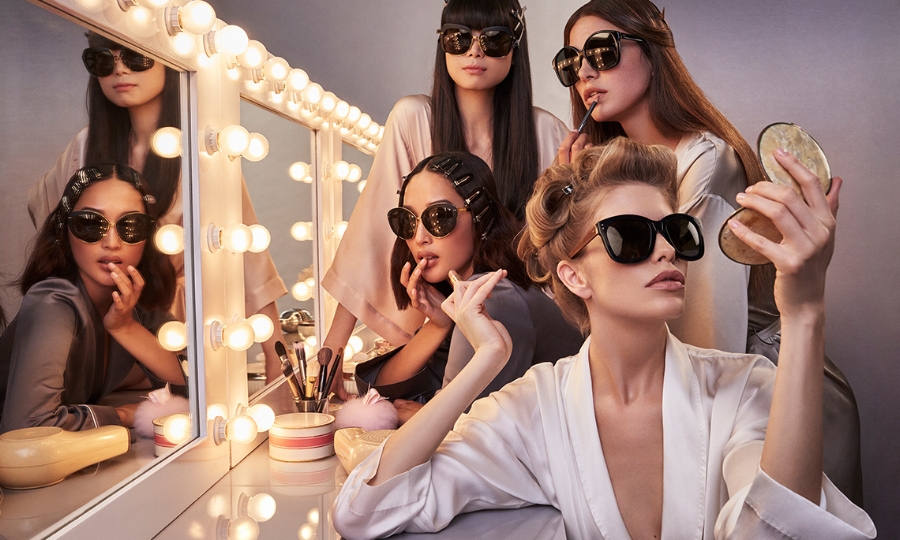Influencer Marketing in Fashion
Firstly, fashion influencers have a strong following and dedicated fan base that trusts their opinions and recommendations. By collaborating with these influencers, fashion brands can tap into their influence and reach a targeted audience that is genuinely interested in fashion. This helps brands expand their reach and build credibility, as influencers provide authentic and relatable endorsements.
Secondly, influencer marketing allows fashion brands to showcase their products in a more organic and aspirational manner. Unlike traditional advertisements, influencer collaborations often feature product placements integrated into the influencer's lifestyle or fashion content. This creates a more genuine and seamless connection between the brand and the audience, enhancing the likelihood of engagement and conversion.
Moreover, influencer marketing enables brands to leverage the creativity and storytelling abilities of influencers. Fashion influencers are skilled at curating visually appealing content, showcasing outfits, styling tips, and fashion inspiration. Their ability to craft compelling narratives around products enhances the brand's image and creates a deeper connection with the audience.
Additionally, influencer marketing in fashion offers a level of social proof. When an influencer endorses a brand or product, it serves as a form of validation for consumers. People are more likely to trust recommendations from individuals they perceive as knowledgeable and stylish. Influencers act as trendsetters and opinion leaders, and their endorsement can drive consumer interest and sales.
However, it's crucial for brands to choose influencers carefully, ensuring alignment with their target audience, values, and brand image. Authenticity is key, and genuine partnerships between influencers and brands yield the best results. Transparency is also essential, as consumers value honesty and disclosure of sponsored content.
In conclusion, influencer marketing has become an integral part of the fashion industry, allowing brands to leverage the influence and reach of fashion influencers. It offers an authentic, visually appealing, and relatable way to connect with the target audience, showcase products, and drive consumer engagement and sales. With the continued growth of social media, influencer marketing in fashion is expected to evolve and remain a significant force in the industry.

Forever following my favorite turkish actors. They are so well dressed
ReplyDelete